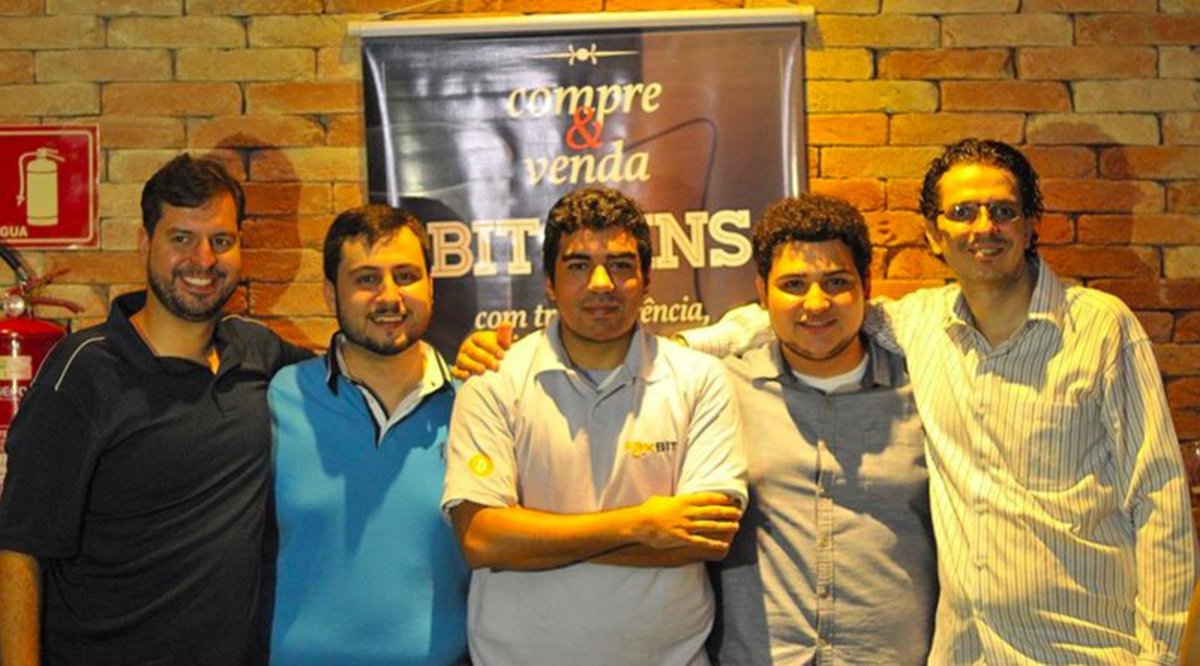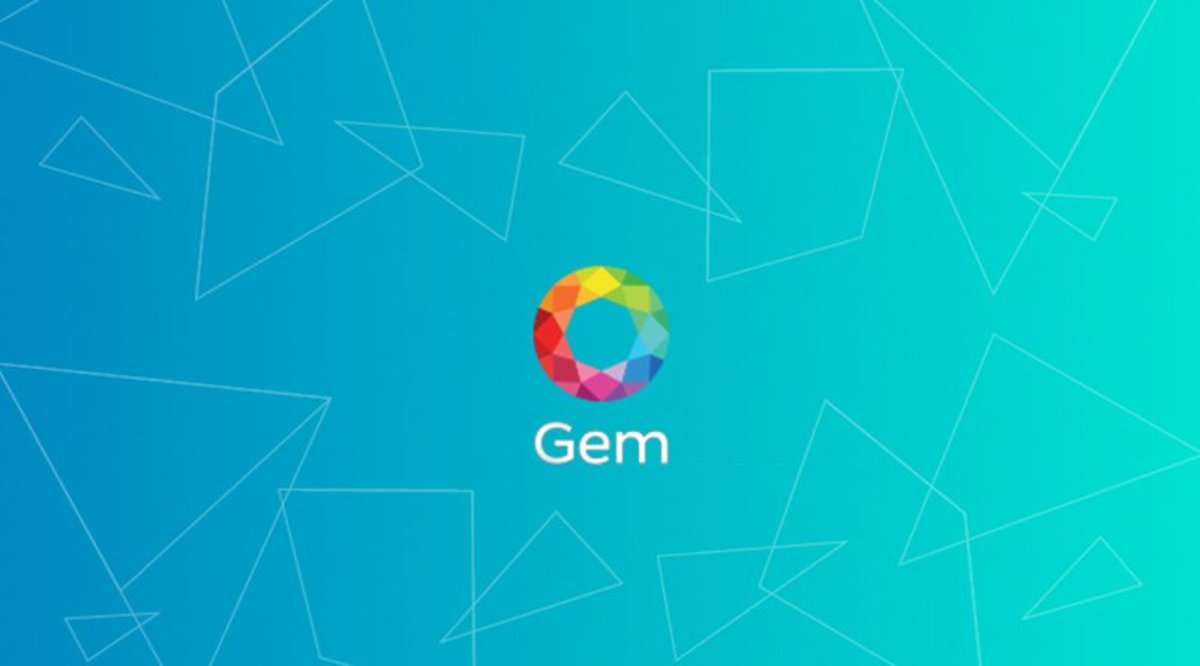
Bitcoin use in Venezuela and Brazil is increasing, but the populations use the currency in different ways.
According to Rodrigo Souza, core developer at Blinktrade, the exchanges in both countries
have more than 10,000 registered users.
At a glance: Brazil
The Brazilian exchange is FoxBit.
FoxBit is a result of partnership between FoxBit Serviços Digitais and BlinkTrade Inc, a technology provider for Bitcoin exchanges around the world.
According to Blinktrade, the majority of bitcoin users in Brazil are either using bitcoin to invest in the technology, to trade for profit, or to purchase bitcoin in order to trade them for U.S. dollars, often because they have a bill to pay in American dollars or plan to travel).
In Brazil, there are four other bitcoin exchanges leading Bitcoin use in the country. The people of Brazil are generally more skeptical and curious about Bitcoin than those in Venezuela, according to Souza..
“As of now,” says Souza,”Brazilian regulators said that they won't regulate Bitcoin because regulating also means that the government is placing a stamp of approval; they also believe the technology is currently in its early stages and doesn't represent a risk to the financial system.”
The central bank of Brazil in the past has said that bitcoin currency is too volatile and not backed by any government. Additionally, the Brazilian tax authorities have stated that traders should declare their bitcoin and should report any capital gains.
Of the five largest Brazilian banks, three of them haven’t announced their position on bitcoin. The two other banks are very against bitcoin, and have shut down or blocked bank accounts for trading bitcoin.
At a glance: Venezuela
The Venezuelan exchange SurBitcoin is a result of partnership between VK Inversiones/Vipples and BlinkTrade.
“Venezuelans on the other hand, are a completely different story. In order to understand Venezuela we have to understand that our numbers only reflect 10 percent of what is going on in Venezuela,” says Souza.
Venezuela is home to a vibrant bitcoin community, where people often trade goods and services for bitcoin. “Bitcoin is generally viewed by Venezuelans as a positive innovation,” adds Souza.
“Venezuela has much bigger problems to solve in their country than their Brazilian counterpart,” Souza said.
Venezuelan government officials have never communicated their stance on the technology, but Venezuelan law is very clear on its definition of money, and bitcoin doesn't fit in that definition. Bitcoin is considered property rather than money in Venezuelan law.
SurBitcoin was approached by Venezuelan authorities under the allegation of illegal money exchange.
“Since Bitcoin is not considered money under Venezuelan law, we were fine,” says Souza, “They did not take further action.”
Since the creation of SurBitcoin Exchange in August of 2014, SurBitcoin has given new users 100 bolivares worth of BTC upon opening an account in order for them to learn how the technology works. In 2014, the 100 bolivars represented close $1.30. Today,15 months later, SurBitcoin still provides users with 100 bolivares, but that amount is now worth $0.11. The average salary at that time was close to $250 per month. The average salary in Venezuela is close to $20 per month. Even ATMs in Venezuela limit withdrawals to 20,000 bolivars, or about $22 USD at time of publication.
“But since the Venezuelan economy contains such strong price controls,” says Souza, “this also means they pay the cheapest electricity bill in the planet. We know a mining farm operator who has close to 1 petahash of power and his electricity bill is close to $20 per month. The average electric bill for 320kw consumption is close to 6 cents. This means that a person mining bitcoins with old equipment at home makes more money than an engineer working 160 hours a month.”
This makes it a fruitful environment for mining bitcoin. Most bitcoin sold in Venezuela are either mined in Venezuela or sent by Venezuelans living abroad to help their families.
“I would say that 10 percent of our 10,000 users are de-facto bitcoin miners. Additionally, a lot of people buying bitcoins in large quantities on SurBitcoin are buying because it is the only way for them to import new miners,” says Souza.
Additionally, many of SurBitcoins’ users are people turning their savings into bitcoin. Many of their users buy bitcoin in very small portions consistently in order to save money. Since the only way to get U.S. dollars in Venezuela is through the black market, there are many scammers who take advantage of the situation to rob people.
“If authorities find out people are doing this, they will not stop the operations, but rather ask for a bribe to pretend they never saw it…. purchasing bitcoins turns to be the only safe, legal investment in Venezuela where people can safely buy using their bank account,” Souza said.










